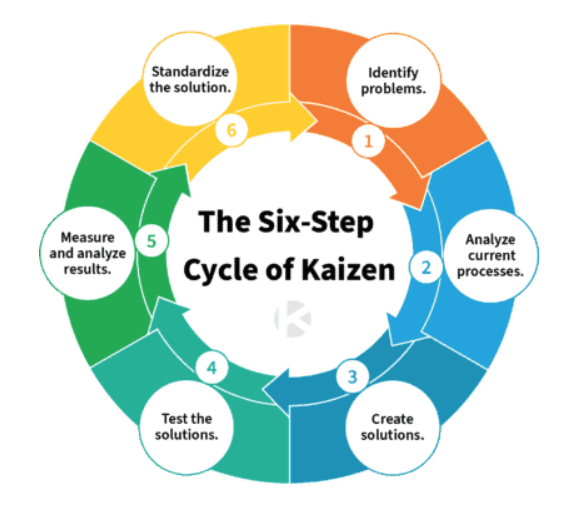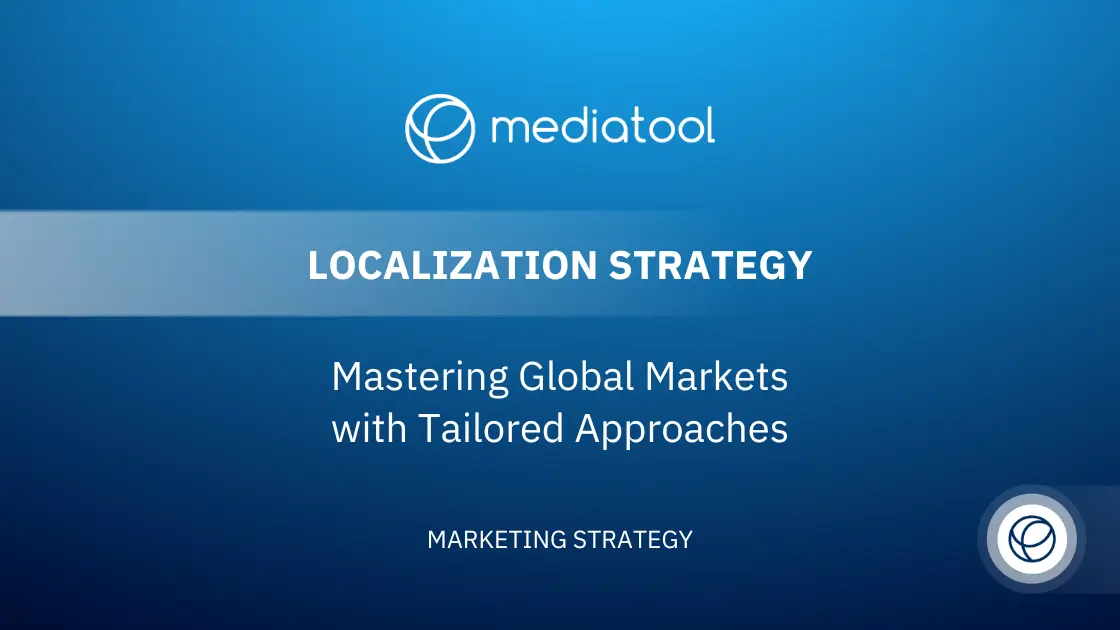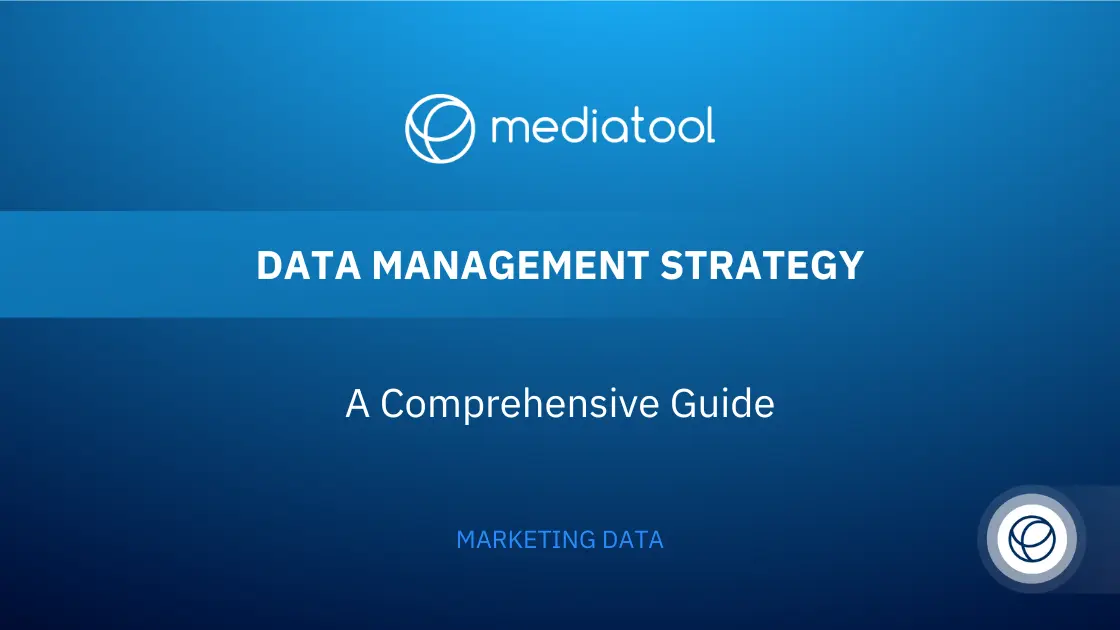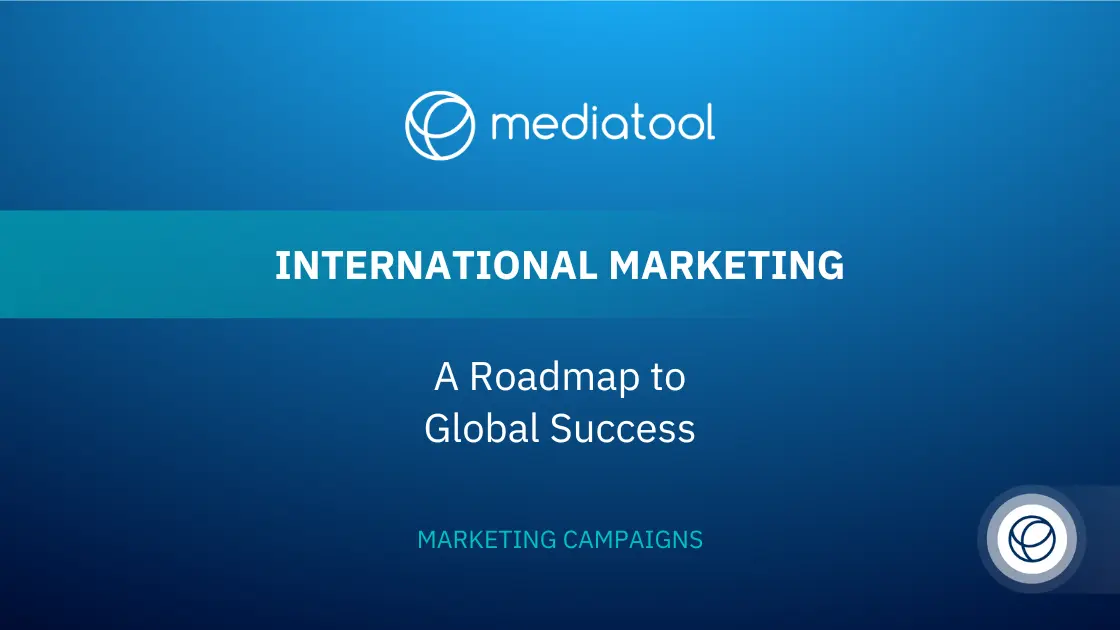In today’s rapidly evolving market, traditional management mindsets can hinder marketing teams from adapting effectively. This blog explores the critical role of Agile leadership in shaping resilient and forward-thinking organizations.
Many businesses struggle to move away from outdated processes and embrace new management models that foster progress. Top marketing teams are demonstrating adaptability and flexibility, key traits in a customer-driven marketplace. This shift towards customer-centric marketing has revolutionized marketing team dynamics, fostering collaboration and breaking down internal silos.
This collaborative ethos is pivotal for any company aiming to successfully navigate digital transformation. Digital transformation transcends mere technological upgrades; it’s fundamentally about evolving business culture and operational methodologies.
Agile leadership is not just about speed; it’s about delivering personalized, high-value experiences efficiently and adapting swiftly to ongoing changes.
In an Agile setup, teams continuously seek innovative ways to provide value to customers, either through direct interaction or by utilizing existing engagement data.
Ensuring a seamless customer experience involves dismantling internal barriers to enhance collaboration. Traditional top-down management approaches can stifle such collaboration, making the Agile mindset indispensable for success. Cultivating a new breed of Agile-minded leaders is crucial for the enduring success of a business and its marketing endeavors.
Incorporating this approach aligns with various future marketing trends. Embracing technologies like artificial intelligence, virtual reality, and augmented reality, along with leveraging user-generated content and voice search, can significantly enhance marketing strategies moving forward.
Understanding and utilizing social media platforms, smart speakers, and mobile devices will also be critical in shaping your marketing strategy for success. Additionally, digital marketers must stay attuned to trends such as conversational marketing, digital advertising, and the growing significance of data collection and analysis.
For businesses and marketing teams to thrive in the near future, embracing Agile leadership and staying abreast of technological trends and consumer behavior shifts is essential. This approach will not only improve current marketing strategies but also ensure businesses remain competitive and relevant in an ever-changing digital landscape.
What are the Characteristics of an Agile Mindset?

Embracing Agility in Teams
Agile teams are defined by their ability to be exceptionally responsive and adaptable. Working in small, cross-functional groups, they focus on specific tasks while continuously integrating customer feedback to refine their outcomes.
This streamlined approach enables quicker decision-making and fosters a unified team mentality, in stark contrast to the cumbersome bureaucracies and isolated responsibilities often found in traditional setups.
Customer-Centric Approach in Agile Organizations
In the digital-first era, customer experience and value take center stage for Agile organizations. With customers having more choices and information than ever, it’s crucial for marketing teams to craft bespoke, human-centric campaigns, particularly on social media where engagement time is fleeting.
Agile teams’ ability to swiftly tailor and modify their campaigns gives them an edge over traditional methods, ensuring relevance and personalization.
Risk-Taking and Innovation in Agile Mindset
Businesses that shy away from risks and innovation are more likely to fall behind in the current dynamic market. Adopting an Agile mindset in work and leadership transforms a business from a rigid entity into a network of high-performance teams.
These teams are adept at interacting, evolving, and efficiently adapting to market changes, a transformation that must begin with management’s attitude shift.
Leveraging New Technologies for Agile Transformation
Modern tools like Mediatool equip teams to become more Agile while providing managers with the necessary oversight to maintain high standards. By transitioning from isolated data silos to a comprehensive view of all marketing activities, managers can empower teams with the resources they need to excel.
This holistic approach is essential for keeping pace with ongoing technological trends and consumer behavior, ensuring that businesses remain competitive and attuned to future marketing trends.
Incorporating these elements into marketing strategies positions businesses to successfully navigate the future of marketing. Embracing digital marketing, user-generated content, voice search, and leveraging platforms like virtual and augmented reality are key to staying ahead.
Additionally, understanding the importance of data collection, digital advertising, and conversational marketing is crucial for marketing teams and digital marketers. As technology evolves, including artificial intelligence and smart speakers, marketers must adapt their strategies to remain relevant and effective in reaching their target audience.
Why Agile Leadership is Important
Agile organizations, while collaborative, maintain a vital hierarchical structure. Senior management is crucial in steering the organization and propelling teams towards enhanced performance in a transparent setting where issues are more readily identified.
Business leaders play a pivotal role in ensuring the organization’s focus on delivering customer value. They foster an environment of interactive communication, where innovative ideas can emerge from any level within the network. This approach enables the organization to continually evolve and seize new opportunities.
Key Aspects of Agile Leadership:
Adapting to Future Marketing Trends:
Agile leadership is instrumental in navigating the dynamic landscape of digital marketing, including emerging trends like voice search, augmented reality, and conversational marketing. This adaptability ensures that marketing strategies remain relevant in the face of evolving consumer behavior and technological advancements.
Embracing Digital Transformation:
In a world increasingly dominated by digital platforms, Agile leaders guide teams in leveraging tools like artificial intelligence, smart speakers, and virtual reality. This positions businesses to stay ahead in digital advertising and social media engagement, crucial for marketing success.
Data-Driven Decision Making:
Agile leaders emphasize the importance of data collection and analysis, helping marketing teams understand and respond to customer needs more effectively. This approach informs strategies across various platforms, from mobile devices to online ads, ensuring that marketing efforts are targeted and efficient.
Innovative Mindset for Future Growth:
By encouraging risk-taking and innovation, Agile leadership prepares businesses for the future of marketing. This mindset is key to developing marketing strategies that will remain effective in the upcoming years, keeping companies competitive and at the forefront of their industries.
The Need for New Leadership Approaches
Traditional managers may initially be skeptical of Agile management practices. The Agile approach, which emphasizes team autonomy and customer satisfaction over direct revenue generation, may appear counterintuitive.
Traditionalists often value control highly, finding the concept of granting more autonomy to teams as a relinquishment of their authority.
This mindset shift from control to nurturing and optimizing teams is a significant leap for many entrenched in conventional management methodologies.
Overcoming Legacy Management Challenges
Legacy management practices often conflict with the Agile philosophy. Traditional managers may hesitate to deviate from established norms.
Yet, embracing Agile is about adopting a new mindset, utilizing technology, and aligning with contemporary cultural norms. These changes are essential for businesses aiming to stay relevant and successful in future marketing landscapes.
Cultivating a Forward-Thinking Leadership Approach
Effective leaders focus on developing their teams’ strengths, fostering a value-driven work environment. This involves promoting positive attitudes, creativity, proactivity, a continuous learning mindset, and team collaboration.
In the context of marketing, this approach is vital for staying abreast of evolving trends like digital marketing, augmented reality, conversational marketing, and leveraging platforms like social media and smart speakers.
Leveraging Technology and Data for Agile Leadership
In the realm of digital marketing, utilizing advancements in artificial intelligence, voice search, and virtual reality can provide a competitive edge.
Agile leaders should encourage their teams to stay informed about these technological trends and integrate them into their marketing strategies. Additionally, effective data collection and analysis play a crucial role in understanding and responding to consumer behavior, thereby driving marketing success.
For businesses and marketing teams to thrive in the near future, leaders must embrace Agile principles, fostering innovation and adaptability.
This shift in leadership style is key to navigating the fast-paced world of digital marketing, ensuring strategies are customer-centric, data-driven, and agile enough to respond to the ever-changing market demands.
Leading in 2025: The Future of Marketing Leadership in the Digital Economy
The onset of Covid-19 hastened the transformation of business processes, highlighting concerns among C-suite executives about excessive silos and bureaucracy.
This rigidity poses a risk in a world gravitating towards hyper-personalization, increased connectivity, and automation.
The traditional hierarchical structures in today’s organizations, while clear in authority, often clash with the emerging needs for creativity, agility, and rapid execution inherent in Agile management.
Embracing Agile Methodologies in Management
Transitioning to quality management aligns with the emerging trends in digital marketing and the future of marketing strategies. Managers can adopt progressive methodologies, such as the Kaizen approach, to facilitate gradual yet impactful transformation. This method emphasizes continual improvement, collaboration, and quality management—key tenets of Agile environments.

Navigating the Digital Marketing Landscape
In the realm of digital marketing, understanding and implementing strategies around artificial intelligence, virtual reality, augmented reality, and conversational marketing become crucial.
Emphasizing teamwork, personal discipline, and morale, the Kaizen method dovetails with these digital trends, offering a framework for marketing teams to innovate and stay competitive.
The Role of Technology in Agile Environments
Digital transformation is not only about adopting new technologies like smart speakers, mobile devices, and leveraging data collection but also about adapting to consumer behavior changes and technological trends.
Agile environments encourage the use of such technologies in marketing strategies, helping businesses stay ahead of future marketing trends, such as voice search and digital advertising on social media platforms.
Future-Focused Leadership in Marketing
Looking towards the near future, business leaders must prioritize adaptability and innovation. As marketing experts navigate a landscape shaped by user-generated content and shifting market trends, the role of Agile leadership becomes increasingly pivotal.
By fostering open communication and a culture of continuous improvement, leaders can guide their marketing teams to effectively respond to the dynamic demands of the digital economy.
Leadership in 2025 demands a shift from traditional, control-based models to Agile methodologies that embrace continuous improvement and technological advancement. This approach is essential for businesses to succeed in the digital economy, aligning with future marketing trends and ensuring the agility needed to adapt to an ever-evolving marketplace.
Major Skills to Excel in the Workplace of The Future
We are witnessing a fundamental shift in the way businesses work. With these changes, business leaders need to alter their approach to the workplace and acknowledge that technological shifts, such as the deployment of automation and artificial intelligence, also go hand-in-hand with the changes and disruptive modes reshaping the business landscape.
Improving the effectiveness of the workforce and harnessing the talents of workers is crucial for business leaders who want to prioritize a culture of continued learning within an organization. This will allow workers to remain agile in the face of disruption and build an engaged workforce that can drive innovation in the future through continuous learning.
Business leaders must possess certain skills to allow them to strive under these new circumstances. Amongst these, leaders must possess digital literacy. Covid-19 has accelerated the need for businesses to digitize work processes.
Technologies like AI, Machine Learning and virtual reality are no longer futuristic concepts, but mainstream solutions gathering momentum and increasingly working alongside human employees who will need to have an understanding of these and other disruptive technologies.
At the very least, employees will need to adapt to omnichannel, virtual collaboration skills as work-from-home or hybrid work models become the norm.
Business leaders will also need to sharpen their analytical skills. The proliferation of algorithms, big data and advanced analytics is partly to blame for this. With so much information at hand, the most proficient business leaders will be those who can leverage this data, analyzing it and evaluating it to produce better solutions.
The future workplace will have adaptable employees who can switch seamlessly between tasks and react swiftly to shifts in their work environment. Managers will need to embrace adaptability as well as possess the social intelligence to accommodate different styles of communication to connect, collaborate, communicate, engage and lead in different environments.
These strong leaders will need to know how to navigate disruption and capitalize on technologies to steer their company to the future. To do so, they must embrace adaptive and value-based leadership practices that will help them lead dispersed remote teams.
The ability to balance productivity with a new value-based leadership is aided by technology and agile organizations. Agile processes share leadership responsibility into smaller times that work faster, and leaders must exemplify this agility and provide daily guidance on their own development in order to future proof their agile mindset.
Mediatool helps forward thinking teams create an Agile environment by improving collaboration and saving time on long-winded processes that sap the team’s energy and hinder success. Take a platform tour of Mediatool to see how it can work for you.




